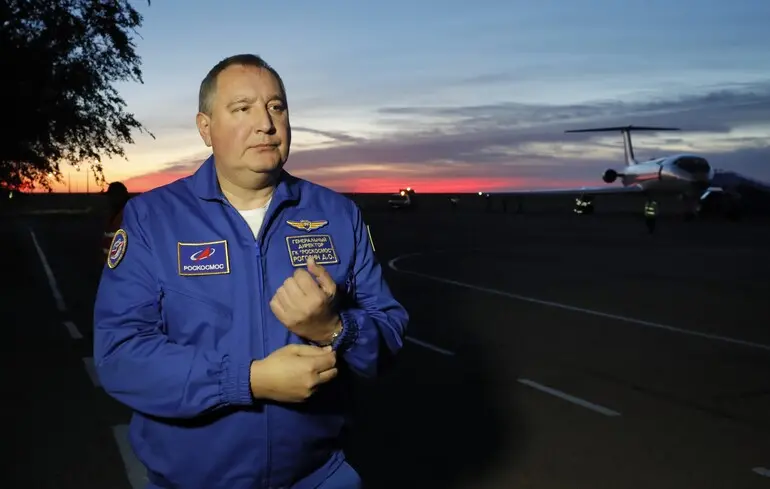Rogozin Predicts a Deadlock in the War: Analysis of Modern Combat Challenges and Obstacles

Former Russian Deputy Prime Minister and ex-official of Roscosmos Dmitry Rogozin, who currently serves as the commander of the special UAV unit «Bars-Sarmat» of the Russian Airborne Forces, has made a statement regarding the state of the ongoing conflict between Russia and Ukraine.
He characterized the situation as having reached a strategic deadlock, complicating any prospects for swift resolution or progression.
Rogozin emphasized that both sides are now roughly equal in weaponry, training, and personnel motivation.
Most of the combat operations are occurring at a tactical level, involving small assault groups of three to five soldiers who operate under constant aerial surveillance and within mined terrains.
Rogozin highlighted the modern soldier’s need for an extensive set of equipment: standard automatic weapons, ammunition, short-barreled rifles for drone countermeasures, and electronic warfare devices—all to be used simultaneously.
“Standing still with such gear is one challenge; launching an attack with it is an entirely different ordeal,” he explained in an interview.
He also pointed out the significant vulnerability of military equipment within approximately 20 kilometers of the frontline, where advancing vehicles risk being struck from both sides.
The most intense fighting, according to Rogozin, is taking place around the islands near Kherson, where constant battles are fought to control strategic points, with frequent destruction of vehicles and significant casualties.
From his control center, Rogozin observes via drone footage the scorched fields, destroyed settlements, and the absence of forested areas, all of which hinder movement and operational efficiency.
He concluded by noting that many roads are mined both remotely and by other means, making military logistics perilous and often resulting in vehicle explosions.
Rogozin believes that only advanced tactics and precise strikes from both sides can break this ongoing stalemate, but so far, the situation remains increasingly complex and challenging.

